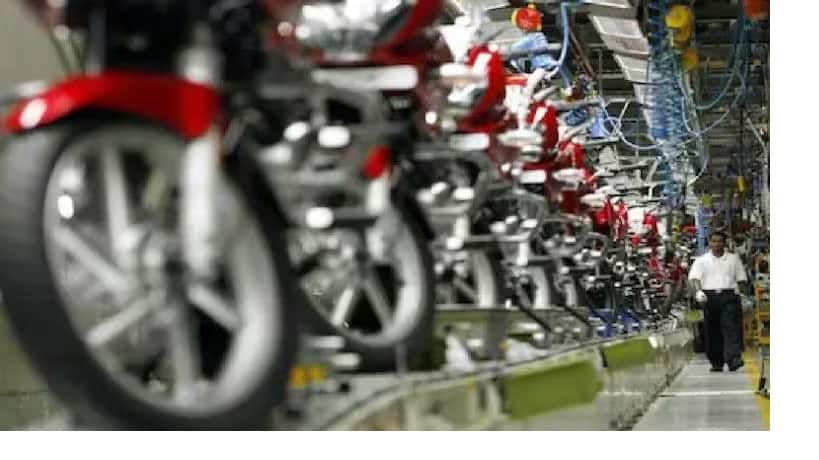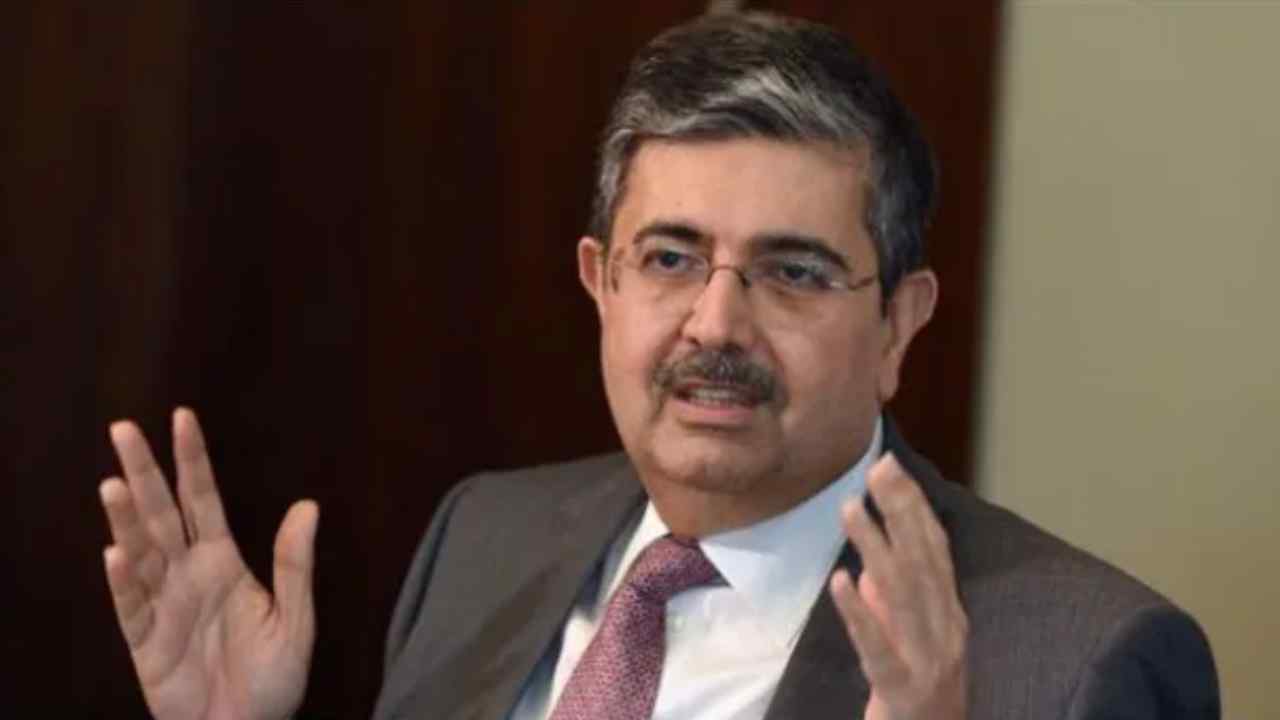Introduction
Bajaj Auto, a prominent player in the Indian two-wheeler market, has shifted its strategic focus towards motorcycles with engine capacities exceeding 125cc following the disruptive Covid pandemic. This proactive move seems to be reaping rewards, as the company experiences a surge in demand for high-capacity bikes. In this article, we’ll delve deeper into Bajaj Auto’s recent performance, market strategies, and outlook for the future.
Recent Growth in Motorcycle Segment
The motorcycle segment exceeding 125cc has seen remarkable growth, now accounting for approximately 50% of total bike sales in India. In FY2024, this segment reported a growth rate of 21%. Notably, Bajaj Auto’s offerings in this category represent around 75% of its total two-wheeler sales, granting the company a competitive market share of 26% in this lucrative segment. The demand for larger engine motorcycles underscores a shift in consumer preferences towards powerful and feature-rich bikes.
Bajaj Auto’s Market Recovery
After facing significant competition from rivals like TVS Motor and Honda Motorcycles—a period during which Bajaj Auto’s market share substantially declined—the company has rejuvenated its position through the launch of multiple new models in the internal combustion engine (ICE) segment. This invigorated approach has enabled Bajaj Auto to reclaim around 19% of the overall market share, particularly boosting their portfolio in the more than 400cc category.
Electric Two-Wheelers and Future Prospects
Despite initial skepticism regarding its electric offering, the Bajaj Chetak has emerged as a contender in the electric two-wheeler market, currently holding the third position in market share. The company is optimistic that the Chetak will soon ascend to second place. Additionally, Bajaj Auto has made notable strides in the electric three-wheeler segment, witnessing consistent profit growth driven by a rising sales volume. The recent hike in bike prices has also improved the company’s revenue realization.
Financial Performance and Projections
Profit Margins and Growth Expectations
In the opening quarter of the current financial year, Bajaj Auto recorded an increase in its EBITDA margin by 120 basis points, reaching 20%. Analysts predict that the company’s profit could witness an uptake during FY25; however, this growth might be modest due to potential market risks. Nevertheless, expectations remain optimistic, with sales growth for two-wheelers projected at 7-8% for FY25, bolstered by the increased sales of electric models.
Challenges in Export Markets
Despite a robust domestic performance, Bajaj Auto faces uncertainties with its export ventures, particularly in key markets like Bangladesh and Nigeria, where demand has faltered. Conversely, there is some growth in the Latin American region. Overall, it is anticipated that the growth rate of exports may lag behind domestic sales. This scenario could adversely affect the profit margin for Bajaj Auto moving forward.
Looking Ahead: Demand and Market Sentiment
The long-term outlook for the two-wheeler market remains positive. Improved sentiment in rural areas is predicted to spur sales growth in both the medium and long term. Furthermore, a potential decline in interest rates may lead to more affordable auto loans, which would support increased sales. Analysts are optimistic that Bajaj Auto’s stocks will maintain their current levels, fueled by a strong cash flow and operational efficiency. This is likely to enhance return ratios, thus attracting investor interest in the company’s future.











